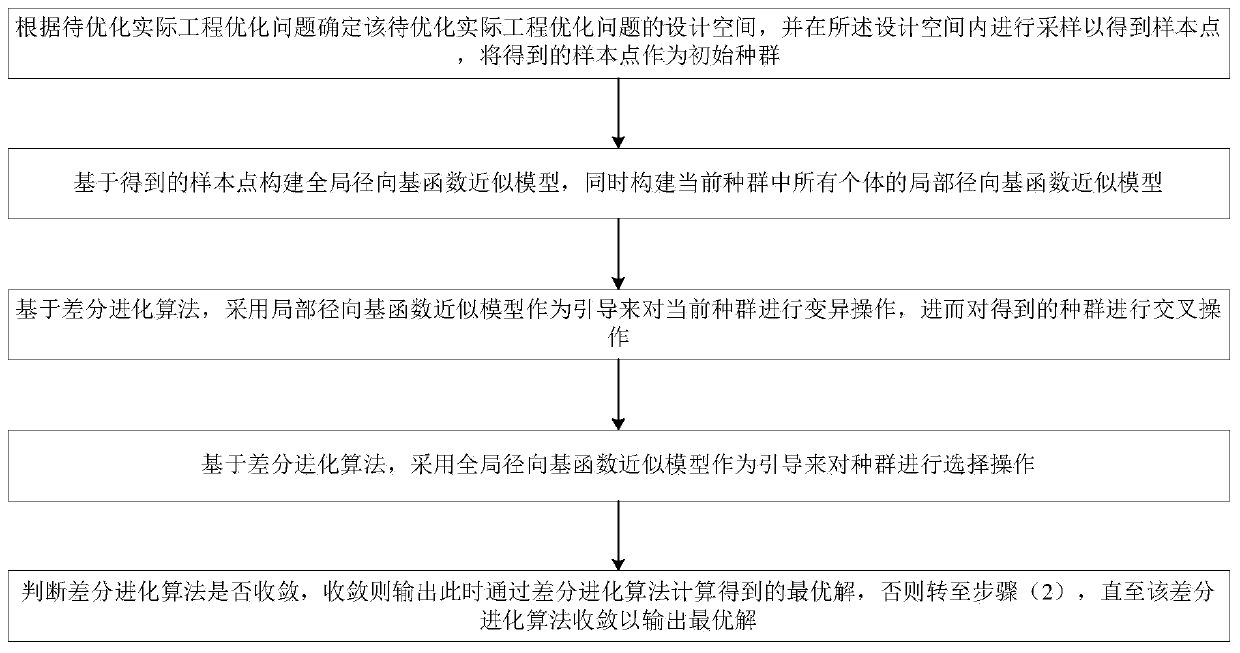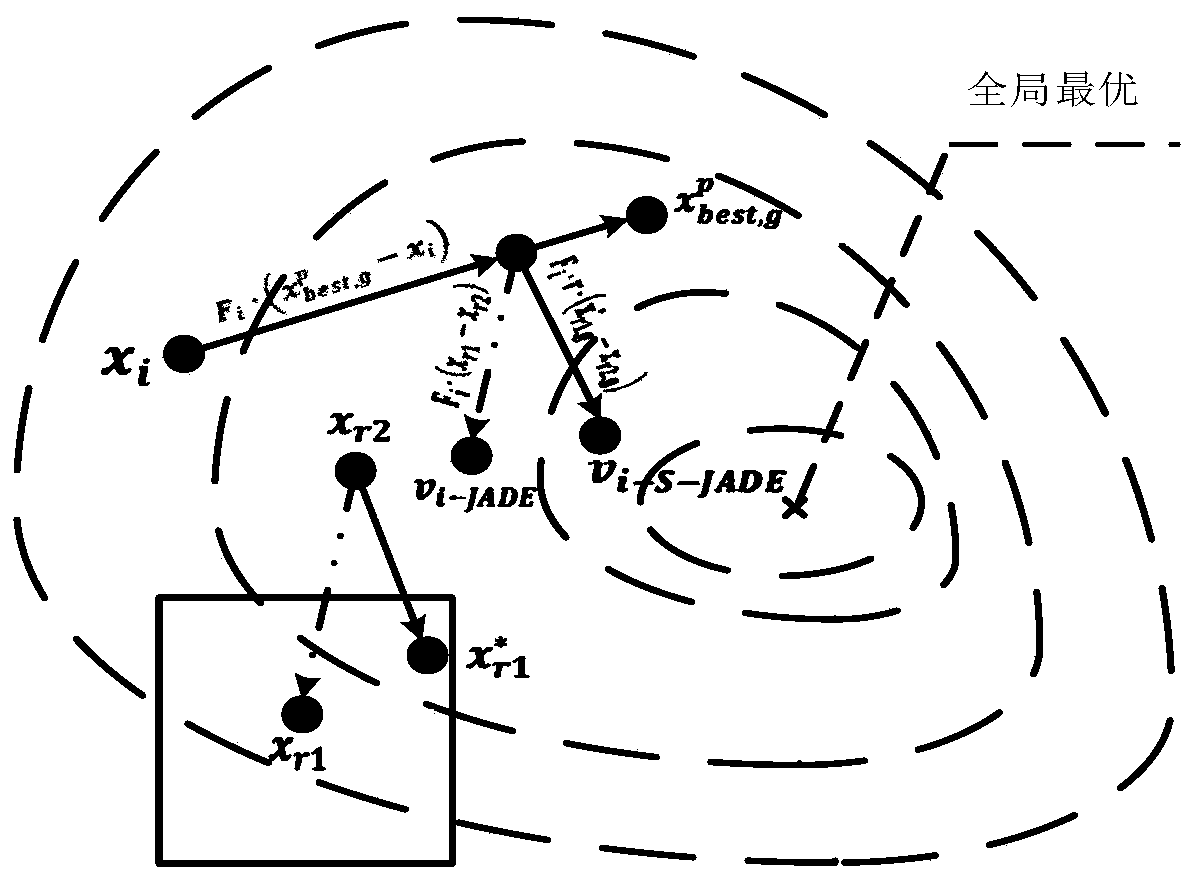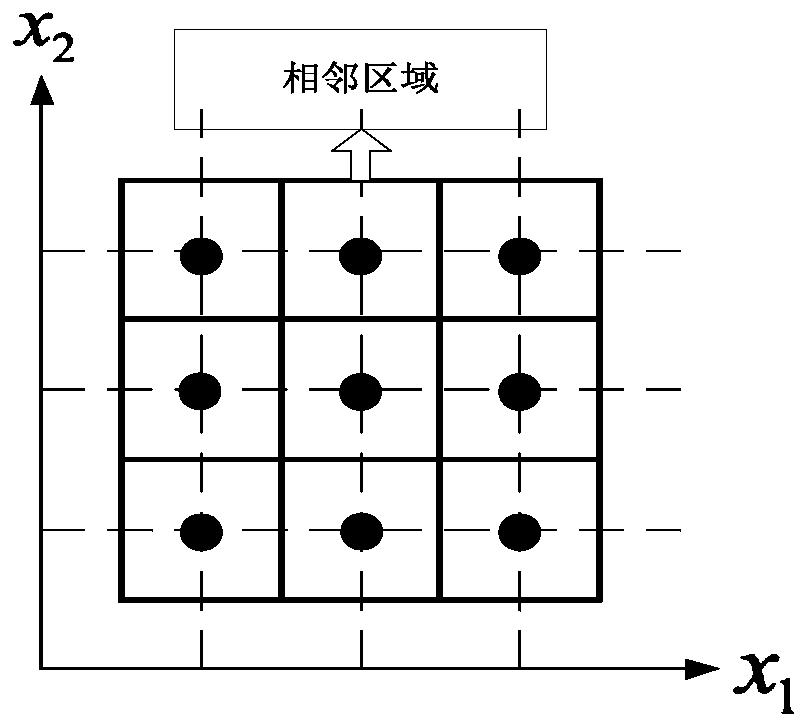Method for solving high-dimensional optimization problem based on approximation model and differential evolution algorithm
A differential evolution algorithm and approximate model technology, applied in computational models, biological models, computing and other directions, can solve problems such as the accuracy requirements of high-dimensional problems that cannot meet large-scale variables, and achieve the goal of promoting application and speeding up optimization. The effect of speed, simple method
- Summary
- Abstract
- Description
- Claims
- Application Information
AI Technical Summary
Problems solved by technology
Method used
Image
Examples
Embodiment
[0086] see Figure 4 , this embodiment uses the optimal design of a stepped cantilever beam to illustrate the method for solving high-dimensional optimization problems based on an approximate model and a differential evolution algorithm provided by this embodiment. Among them, a stepped cantilever beam with d=10 steps is selected, which bears a force of P=50kN on the tip, and E=200GPa and σ allow = 350 MPa as a property of the material used. The beam at each step contains three variables: the width (b i ), height (h i ) and length (l i ), there are 30 input variables in this optimization problem, and they are arranged in the following order: X=[b 1 , h 1 , l 1 , b 2 , h 2 , l 2 ,...,b 10 , h 10 , l 10 ], the optimization problem is expressed as:
[0087]
[0088]
[0089]
[0090]
[0091]
[0092] b i ∈ [0.01m, 0.05m], h i ∈ [0.3m, 0.65m], l j ∈[0.5m, 1m], i=1, 2, . . . 10.
[0093] In the formula, σ allow is the bending stress constraint of all...
PUM
 Login to View More
Login to View More Abstract
Description
Claims
Application Information
 Login to View More
Login to View More - R&D
- Intellectual Property
- Life Sciences
- Materials
- Tech Scout
- Unparalleled Data Quality
- Higher Quality Content
- 60% Fewer Hallucinations
Browse by: Latest US Patents, China's latest patents, Technical Efficacy Thesaurus, Application Domain, Technology Topic, Popular Technical Reports.
© 2025 PatSnap. All rights reserved.Legal|Privacy policy|Modern Slavery Act Transparency Statement|Sitemap|About US| Contact US: help@patsnap.com



